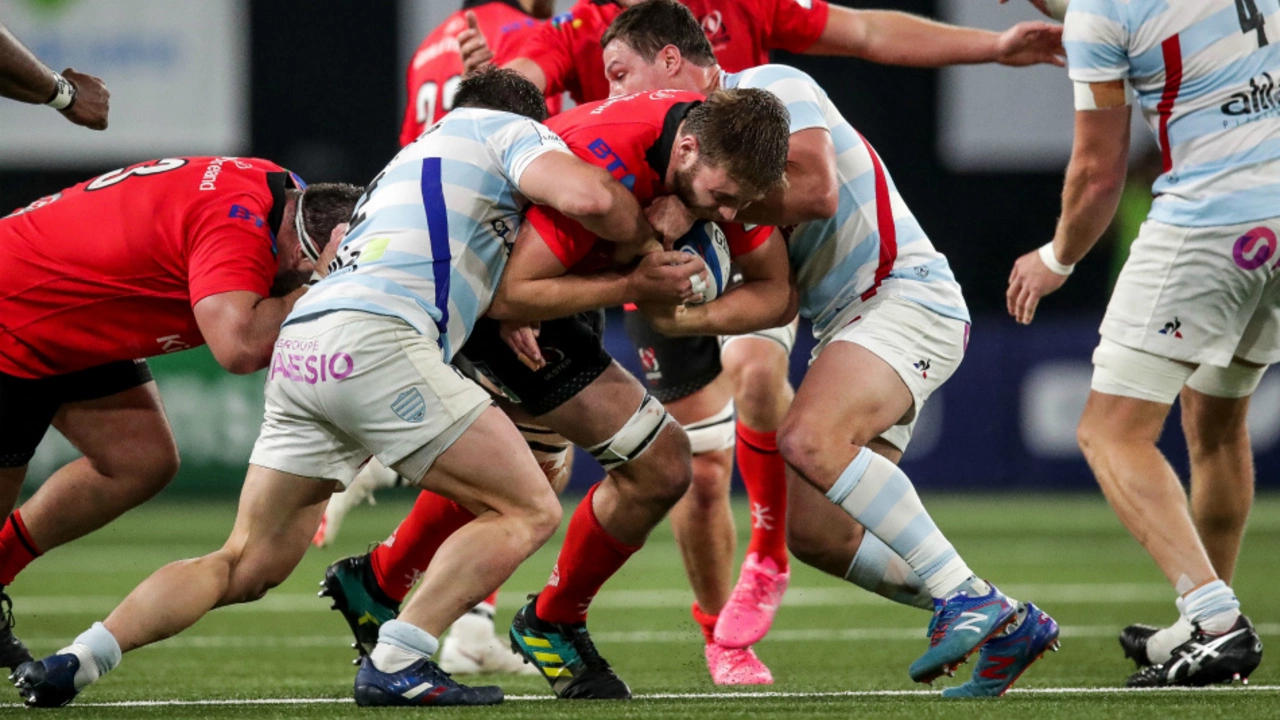Sports Culture: The Heartbeat of Rugby, Football and Community
When you walk past a match day crowd, you can feel the buzz before you even hear the whistle. That buzz isn’t just about the game itself – it’s the whole culture that forms around it. From heated debates over VAR calls in football to the pride of a local rugby club, sports become a shared language that connects strangers and neighbors alike.
Why Sports Matter Beyond the Pitch
Fans don’t just watch a match; they live it. A disputed VAR decision can spark conversations at the pub for weeks, while a home‑grown rugby hero can inspire kids to pick up a ball for the first time. Those moments create stories that get passed down, turning a single game into a community tradition. The excitement of a last‑minute goal or a hard‑fought scrum gives people something to rally around, especially when everyday life feels routine.
Rugby’s Role in Building Local Identity
Take Carnforth Rugby Club, for example. Their matches aren’t just fixtures on a calendar – they’re weekly gatherings where families meet, friendships form, and local pride shines. Articles like “Why is rugby union generally more popular than rugby league?” show that the sport’s global appeal still starts with the feeling of belonging at the nearest club. Whether you’re debating the best position for yourself or cheering on a debut player, the club’s vibe fuels a sense of identity that goes beyond scores.
Rugby also reaches far beyond England. The surge in Japanese interest after hosting the 2019 World Cup proves that a single event can ignite a nationwide passion. Kids in parks start tossing the ball, schools add rugby to their programs, and suddenly the sport becomes part of everyday conversation. That ripple effect is a core part of sports culture – a shared experience that grows with each new fan.
Football, on the other hand, brings its own flavor to the mix. The VAR controversy surrounding Fulham’s disallowed goal is a perfect case of how technology and emotion collide. Fans argue, pundits weigh in, and the debate fuels online forums and local terraces alike. It’s not just about the rule; it’s about feeling heard and part of a larger narrative that stretches from the stadium to the living room.
Both sports teach us that culture isn’t static. It evolves with new players, new rules, and new stories. When a youngster scores their first try, when a veteran retires, when a league expands – each event reshapes the community’s fabric. That’s why clubs invest in youth programs, why leagues promote inclusivity, and why fans keep showing up, rain or shine.
So next time you hear the roar of the crowd or see a heated tweet about a controversial call, remember you’re witnessing more than a game. You’re part of a living, breathing sports culture that links generations, builds friendships, and gives everyday life a little extra excitement. Keep cheering, keep talking, and let the culture keep growing.
Why is rugby union not popular in the Netherlands?
I've been pondering why rugby union isn't as popular in the Netherlands as it is in many other countries. It might be due to the historical prominence and popularity of soccer, which has overshadowed other sports, including rugby. The lack of exposure and understanding of the game could also be factors. Additionally, the country's flat terrain might not be as conducive to rugby, a sport that often requires varied topography. Lastly, the absence of significant investment and focus on building a robust rugby infrastructure might also explain the sport's lack of popularity.
full article